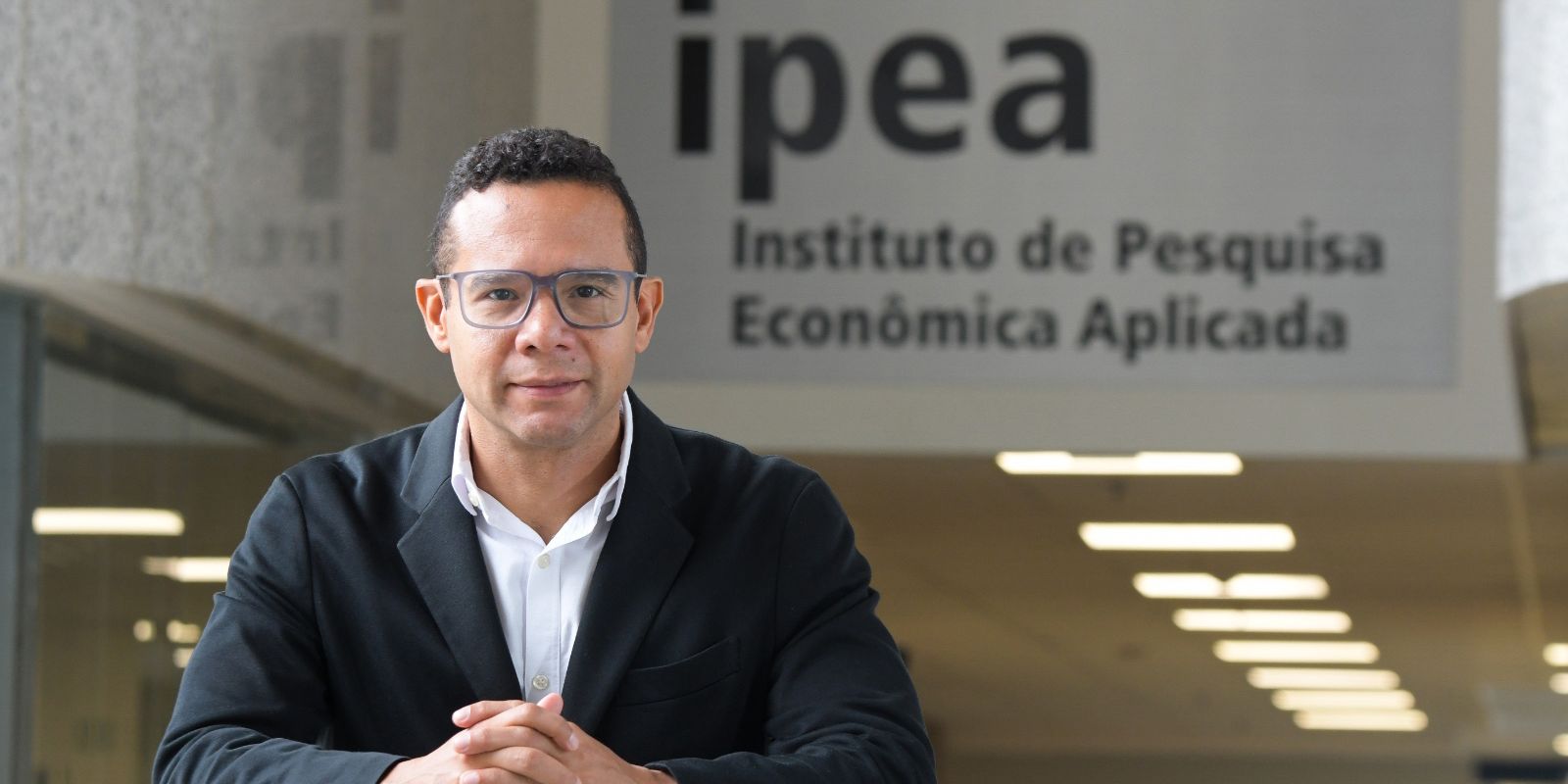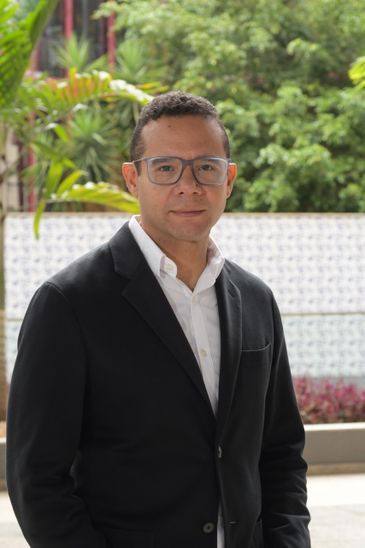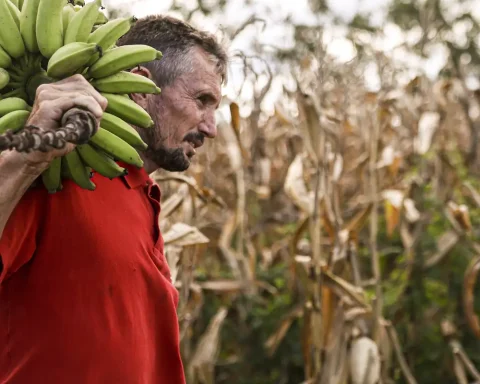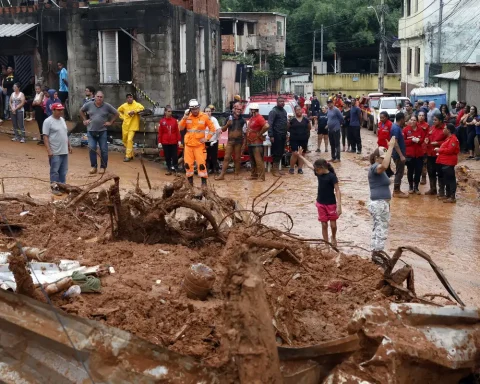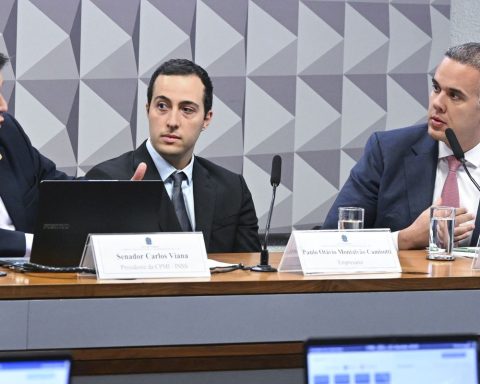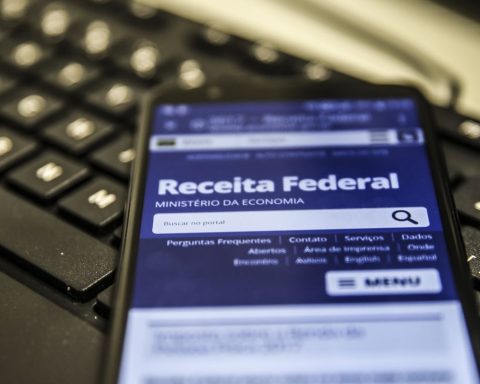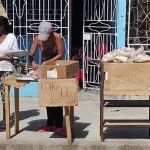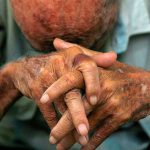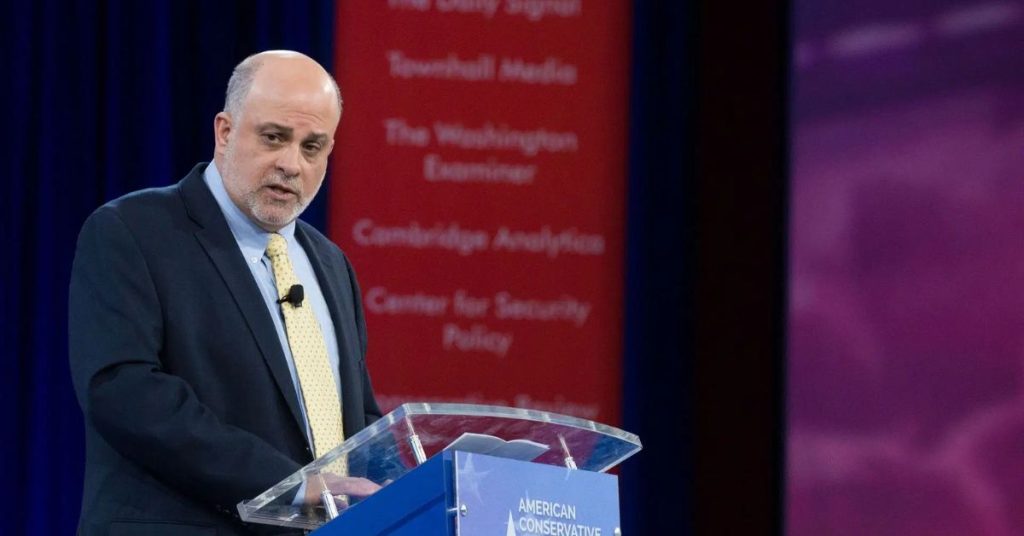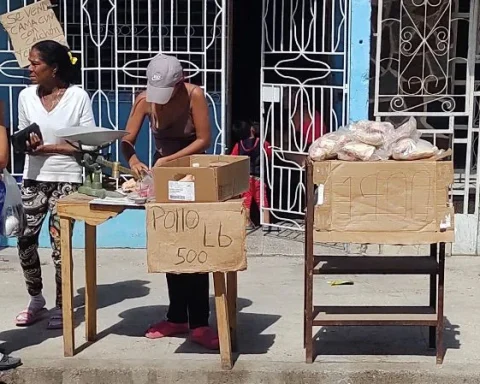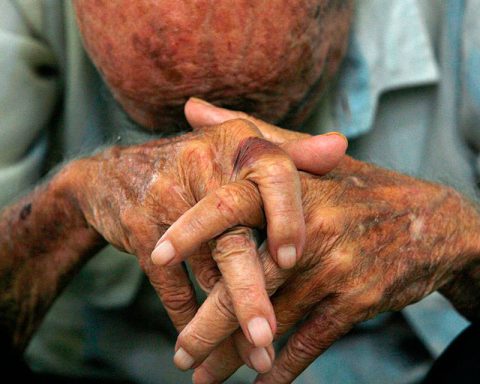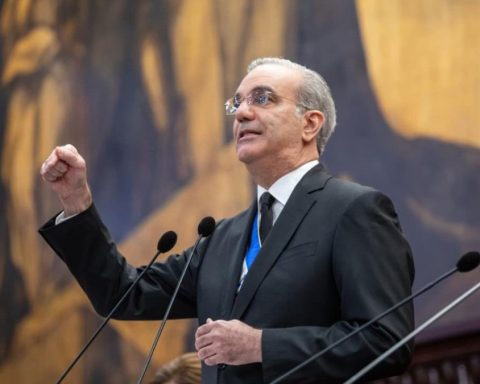Bachelor and Master in Law and Doctor of Law, Politics and Society, the Planning and Research Technician of the Institute of Applied Economic Research (Ipea) Fabio de Sá e Silva is the nominee of the Brazilian government to a vacancy in Inter -American Commission on Human Rights (IACHR) From the Organization of American States (OAS), an institution that represents 35 countries of the American continent.
The IACHR is made up of seven elective commissioners. This year, three of them will be renewed. The new terms will be from 2026 to 2029. The election will take place from 25 to 27 June, during the OAS General Assembly, in Antigua and Barbuda, in the Caribbean.
Officialized at the end of March, the candidacy of Fabio de Sá e Silva will be presented by the Ministry of Foreign Affairs (MRE) in visits to embassies and the OAS members. They are representatives of these countries who will choose the new commissioners. In all there are seven competitors. In addition to Brazil, they presented candidates Colombia, Mexico, Honduras, the United States, Peru and Bahamas.
In conversation with Agência Brasil, Fabio de Sá e Silva, who declares himself black, pointed out that ethnic-racial, gender and economic inequalities are the great challenge for guaranteeing human rights.
Just as he recognizes that Brazil has what to learn from nations in the region, the country also has a leadership stance on the subject.
Fabio de Sá e Silva has a history of acting – whether in the public sector or in academic institutions and international bodies – in the areas of human rights, justice, public safety, citizenship and demographic governance.
From 2004 and 2006, he worked at the Ministry of Justice, when he acted in policies aimed at promoting education in prisons and improving the treatment of people deprived of liberty.
Sá e Silva is in Ipea – an institution linked to the Ministry of Planning and Budget – since 2009. Among the achievements at the Institute is the Public Defender’s Mapprepared in 2013, which offered an unprecedented diagnosis of the coverage of this service in the country.
Sá e Silva is also a professor at the University of Oklahoma (United States) and associate researcher at the Center for Legal Professions of the Harvard Law School (United States), as well as collaborating with organisms such as the United Nations Development Program (UNDP), the United Nations Education, Science and Culture (UNESCO) and the IACHR.
Check out the interview:
Agência Brasil: What is the main role of ICDH?
Fabio de Sá e Silva: The IACHH encompasses 35 countries in the Americas, including Brazil, for over 65 years and has a broad term. There is a system of petitions and cases, whereby the Commission receives allegations of violations of people suffering violations, non -state organizations and the states themselves. But IACHR also has mandates more focused on monitoring the human rights situation in OAS countries, promoting good practices, and stimulating the strengthening of a regional human rights conscience.
The system of petitions and cases often ends up having more visibility to the public, when we learned that a state was “convicted” (was responsible for recognized violations). But I understand that the commission should act on all these fronts to transform situations of violations, which usually have structural and historical roots in countries. Must work to fully fulfill your mandate.
Agência Brasil: The Brazilian representative, a position for which he is competing, acts in defense of the rights of the Brazilian State, or may have a contrary stance, for example, in favor of convictions in cases involving Brazil as a defendant?
Fabio de Sá e Silva: If elected, I would not be a Brazilian representative, but a Brazilian occupying this position to act with autonomy.
Still, there are rules of the system that prevent commissioners from having direct and indirect participation, in cases and situations involving the countries of their nationalities – norms that serve as safeguarding so that nationals do not act in the interest of their states, thus reinforcing the autonomy and independence of the commission as a whole.
Thus, I would not take part in these cases.
Agência Brasil: Brazil has already had convictions, such as the case of Acari slaughterin Rio de Janeiro, and, quite recently, for violation of Quilombola Communities Rights In Alcântara, Maranhão. How can these convictions contribute to the human rights policy in Brazil?
Fabio de Sá e Silva: Brazil, historically, greatly values dialogue with international systems – which I even understand is a great virtue of our country. These convictions, and before them the very cases that ran into the commission and in the court [Interamericana de Direitos Humanos (Corte IDH), que atua em uma tarefa distinta, judicial, para os casos não resolvidos por meio da atuação da comissão]They create an opportunity for the country to reflect on their policies and to adopt measures not only to repair damage to individuals or groups, but also to avoid the repetition of violations.
For example, Maria da Penha Lawwhich has revolutionized the fight against gender domestic violence in Brazil, is the result of this engagement. The victim took his case to the commission, which recognized the omission of the Brazilian State to protect it and ordered reparation measures, which generated the approval of a law and the formulation of a policy that survived in time.
Agência Brasil: Does Brazil face other processes at CDIH?
Fabio de Sá e Silva: Brazil has several cases in the commission and also in the Inter -American Court, although proportionally less than countries with legal and linguistic systems of Spanish matrix, which make most countries in the region.
Some of these cases have ran for decades. Unfortunately, when it comes to case analysis, international human rights systems work at a longer time, either because acting is “subsidiary” [só se torna possível quando se esgotam os mecanismos internos de resposta àquela violação]also because they are structures without appropriate human resources and materials to account for the demand.
This is one more reason for thinking in these systems in a broad way, considering the different mandates, because sometimes the monitoring work or the diffusion of good practices can give more immediate results than if we expect a case to be completed.
Agência Brasil: How is Brazil seen within the OAS in terms of respect for human rights, is there any Achilles heel of the country in the field of human rights?
Fabio de Sá e Silva: There is no way to ignore that human rights violations still happen daily – as they also happen in other countries – but in our favor the history of international rights recognition and engagement with organisms and systems. Brazil is open to international scrutiny, to face, internationally, the responsibility for violations of rights it has committed or letting out, and taking action to prevent these violations from continuing to occur. By this history, and also by its size, Brazil ends up seen as a leadership.
In terms of Achilles, not only in Brazil, but in the Americas as a whole, the greatest of them is inequality-economic, ethnic-racial gender. Because inequality ends up subjecting certain contingents of the population to systematic violation processes.
For example, Brazil has high homicide rates [violação do direito à vida] and one penitentiary system that the STF itself [Supremo Tribunal Federal] He has called “medieval” where basic rights are denied. In both cases, victims of violations are disproportionately black young people.
Agência Brasil: Looking at US states, Brazil has more to learn or contribute to respect for human rights on the continent?
Fabio de Sá e Silva: In the international theme of human rights, both notions, learning and contributing, are hand in hand. Our contribution is quite remarkable, we have policies such as Bolsa Familia or family farming that have been widely exported. But we can also learn a lot and, for that, we need to continue participating in multilateral spaces and invest in integration efforts.
Due to linguistic, legal and knowledge geopolitics barriers, we have some difficulty dialogue with Latin American and Caribbean countries, but these are the countries that have a very close story to ours and that in many debates they serve as a forefront. Formulations in environmental rights, for example, owe a lot to the academy and the civil society itself and social movements of these countries – such as the indigenous, workers and rural workers, among others.
Agência Brasil: The treatment given to illegal immigrants in the United States Is it a priority concern of ICDH?
Fabio de Sá e Silva: The theme of migrations is always very important in a hemisphere like ours, where the inequality to which it alludes, as well as the current climate crisis and political and economic instability, is a vector of human mobility, including forced displacements.
There is an understandable tendency that this topic is worked from a secondary perspective in many countries – and we also know that each country has sovereignty to adopt its migratory policies, but countries also sovereignly recognize minimal parameters of decent treatment and dignity that cannot be violated.
In this sense, I would say that the strong relationship between migration and human rights is well present in our regional human rights conscience – including the recognition that there is a right to migrate and that the condition of migrant should not deprive anyone from other basic civil rights.
The commission is closely following this theme in several countries and recently issued important communications about it.
Agência Brasil: The Brazilian presence in IACHR acts as a tool for Soft Power (Soft, free translation power), something as a power of influence on the international scenario exercised in a conciliating way?
Fabio de Sá e Silva: It may be a bias of me to say this, because I am Brazilian and I believe that our country has offered, at different times in history, a valuable contribution to international debates. But I understand that, even as a result of our semperipheic condition – we have no strength instruments to use – we do carry commitments to multilateralism, equity and dialogue in international relations. And that this can make a difference in moments like the current, of a lot of turbulence and uncertainty in the world.
